We are all familiar with catchphrases from film and TV, many of which endure far beyond the popularity of the original. But fewer among us perhaps know that English has also been substantially enriched by comic strips and cartoons. The former in particular – from Calvin and Hobbes to Peanuts and The Far Side – were once eagerly lapped up daily in printed newspapers as a source of light relief from reality. Below are ten terms that either began life or were popularized in cartoon or comic form, but which soon found a life of their own and have substantially embiggened our language.
embiggens
One of the most famous contributors to English has surely been The Simpsons, which over the course of its remarkable history has arguably changed the way we talk to each other. The Oxford English Dictionary gives credit to the episode Lisa the Iconoclast for spreading the word ’embiggens’, in which Jebediah Springfield famously declares that 'a noble spirit embiggens the smallest man’. But this is not the Dictionary's first record: for that, it looks to a letter of 1884 which holds it up as an example of a ‘barbarous’ verb. Clearly, The Simpsons’ Mrs Krabappel doesn’t think so, declaring it a 'perfectly cromulent word’. This is the OED's first record of ‘cromulent’, which it defines as ‘acceptable’, ‘adequate’, or ‘satisfactory’. For the Simpsons fans among us, it is so much more than that.
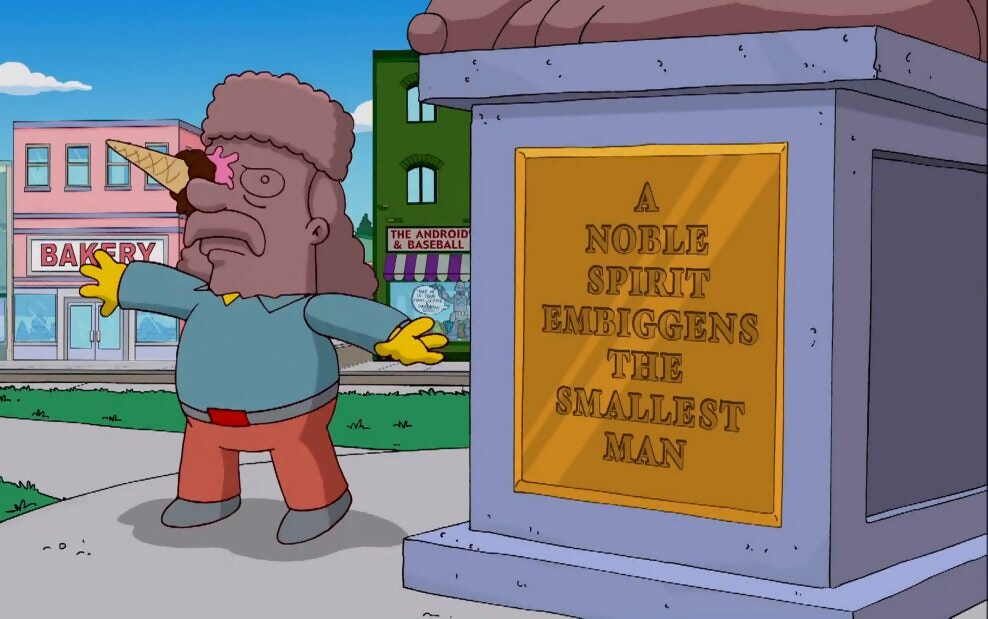
malarkey
Humbug, bunkum, nonsense, BS… the dictionary loves nothing more than a bit of nonsense. ‘Malarkey’ is equally satisfying, yet no one quite knows where it comes from. Some believe it is a version of the Irish surname Mullarkey. Others point to the Greek word malacia, used for morning sickness or abnormal cravings during pregnancy, though quite how that translates into a mischievous palaver is anyone’s guess. What counts here is that one of its earliest uses is by the American cartoonist Thomas Aloysius Dorgan—better known as TAD – who was fond of using it in the early 1920s.
heebie-jeebies
The heebie-jeebie was a popular dance in the 1920s (one that, according to a journalist of the time was particularly ‘rich in haunch movements’). According to the slangmeister Jonathon Green, the dance was alleged to have taken its name from the incantations of an Indian witch-doctor before making a human sacrifice, A far more likely origin is a nonsense coinage in the cartoon strip Barney Google. ‘Heebie-jeebies’ soon entered the English slang lexicon to describe a nameless terror.
jeep
The small, sturdy motor vehicle with four-wheel drive was given the name ‘jeep’ during the Second World War, based on the initials GP, standing for general purpose. Its current form however was heavily influenced by ‘Eugene the Jeep’, a creature of great resourcefulness and power in the Popeye comic strip whose language was limited to the single word ‘jeep’.
foo-fighter
Long before Dave Grohl harnessed it, the term foo-fighter was used to describe unidentified lights encountered by airborne forces during the Second World War, interpreted variously as enemy weapons, natural phenomena, or alien spacecraft. ‘Foo’ was a nonsense word which appeared in the ‘Smoky Stover’ comic strip by American cartoonist Bill Holman.
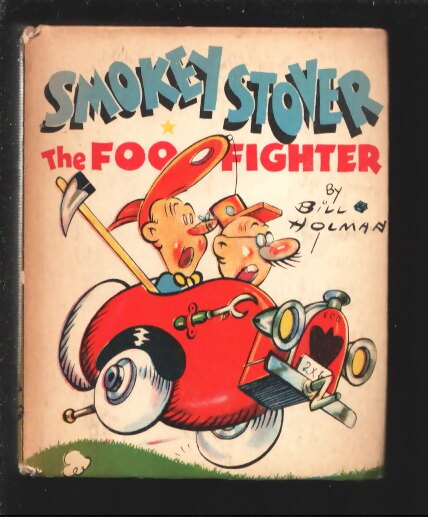
double whammy
The whammy that is an evil hex is an extension of ‘wham’, the sound of a forceful impact. Whammy is particularly associated with the 1950s’ cartoon strip ‘Li’l Abner’, in which the hillbilly Evil-Eye Fleegle could shoot a ‘single whammy’ and curse his victim by pointing a finger with one eye open, while a double whammy involved keeping both eyes open.
goon
The original sense of the word ‘goon’ was ‘a stupid or hapless person’. Its original incarnation was in the name of a subhuman cartoon character Alice the Goon, created by the cartoonist E. C. Segar for the Popeye strip. The word was probably based on a 16th-century dialect term ‘gooney’, meaning ‘a simpleton’. In the US, a thug hired to terrorize people was also known as a goon, while during the Second World War the term was given by British and US prisoners of war to their German guards.
meh
The verbal shrug that is ‘meh’ owes its impetus once again to The Simpsons, after Lisa spells out M-E-H when Homer tries to coax her and Bart into going to the theme park Blockoland.
brainiac
Any expert with a nerdy side owes their likely nickname to a super-intelligent alien in the Superman comic strip. However, the writers acknowledged that the original source was the name of a 1950s kit for building small electronic computing devices. In deference to this, they said, they changed the characterization of their master villain so that he henceforth possessed a ‘computer personality’.
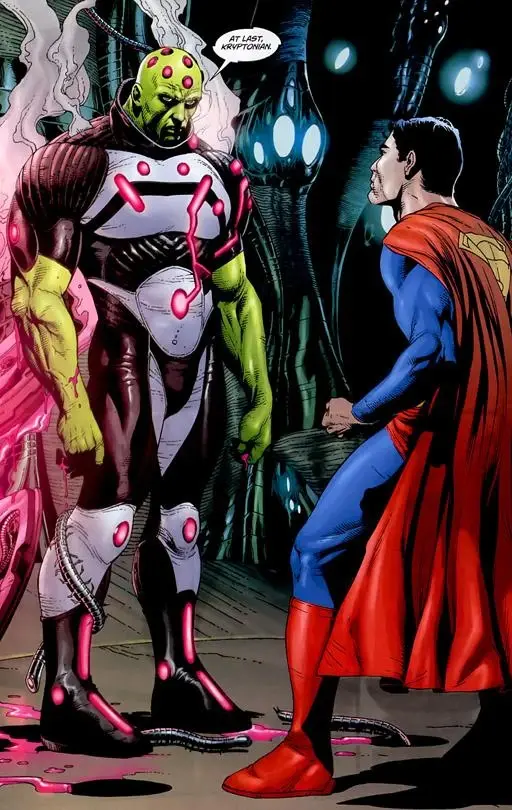
shazam
“Speak my name!’ ‘Shazam!’. The incantation used to introduce an extraordinary deed or trick comes straight from Whiz Comics, where Billy Batson utters Shazam as an acronym of six immortal elders – Solomon, Hercules, Atlas, Zeus, Achilles, and Mercury – and is transformed into the caped hero Captain Marvel. Its success propelled Captain Marvel to the top of the superhero league table in the 1940s.

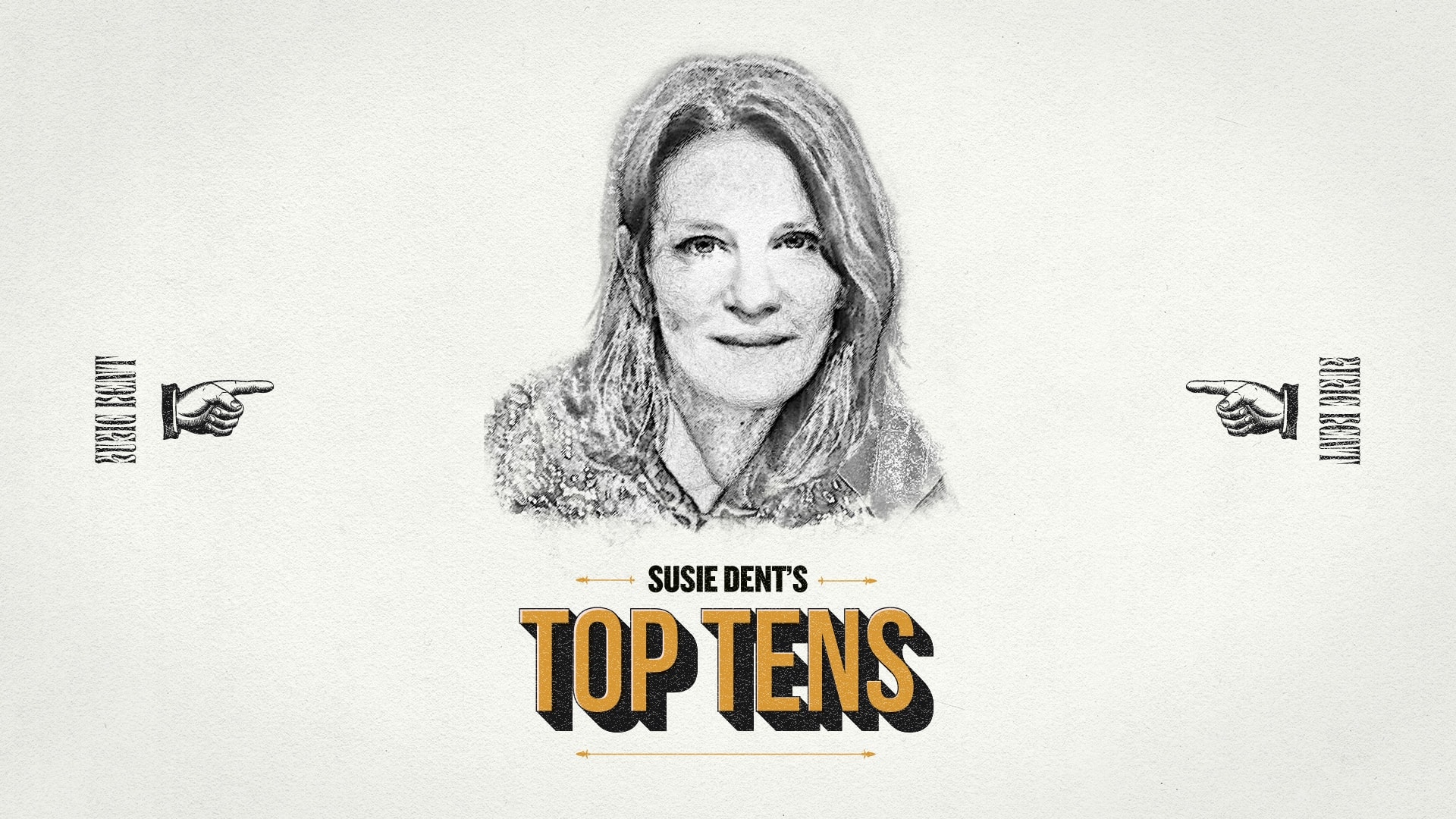


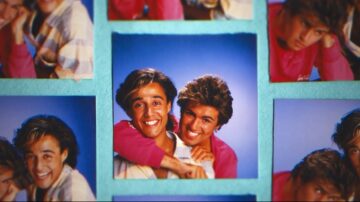
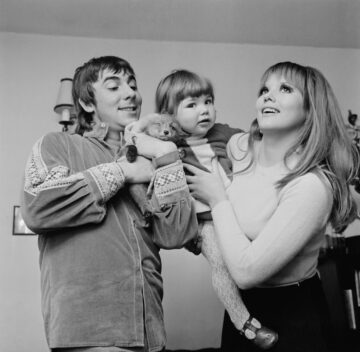
4 Comments
Can we have ‘Scooby-Doo’ as an honourable mention? It’s cockney rhyming slang, of course, for clue as in “I haven’t got a Scooby-Doo” abbreviated to “I haven’t got a Scooby”.
Any reference to ‘Foo’ must surely note its relationship to the military word(?) Foobar, derived phonetically from FUBAR – F’ed Up Beyond All Recognition.
Giving us the bowdlerized version I see.
Thanks Susie. The associations for Jeep and Shazam are particularly enlightening. As a child of the sixties I am very fond of Yabadabadoo as well, but I guess that never entered common usage!